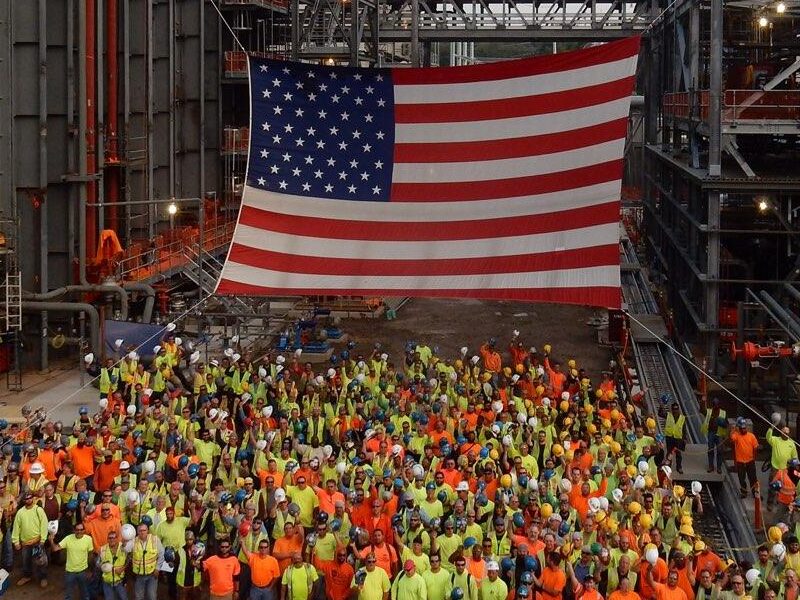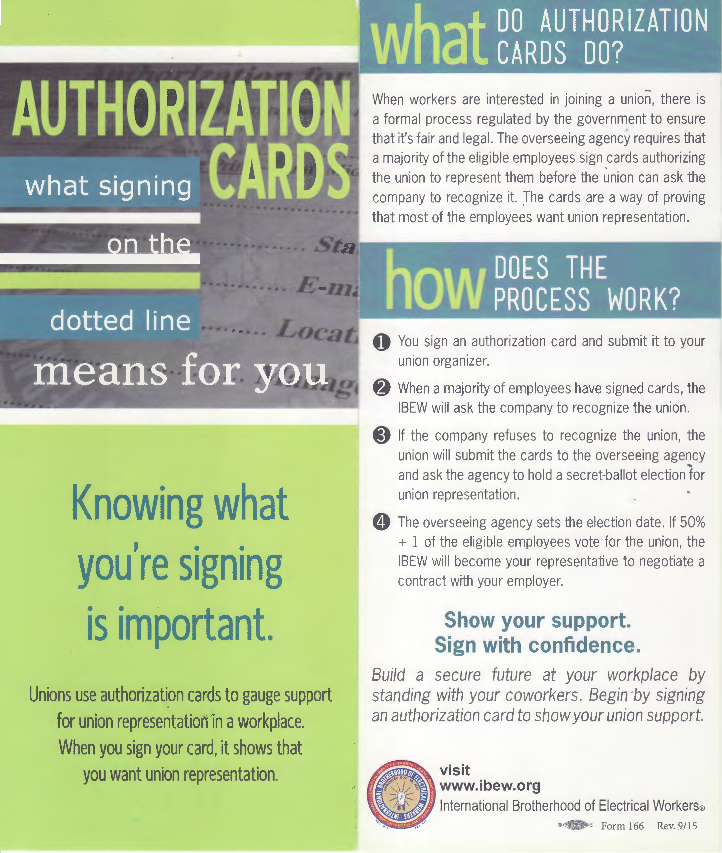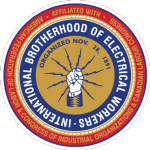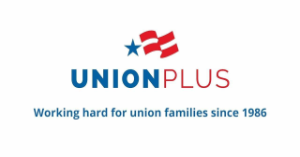IBEW Local 488
the Right Choice

IBEW Local 488
For over 100 years, Local 488 has been delivering on it’s mission to create and ensure a workplace that provides safety, fairness, and dignity for all our members. We stand for the ideals that have made America the great nation that it is today: democracy, equal opportunities and a chance to live the American dream.
Complete an authorization card today and start the process to join our ranks!
Frequently
Asked
Questions
As a starting point, here are some basic questions and answers about IBEW 488 and your membership with us.
Authorization Card
A copy of the IBEW form will be sent to IBEW and to you as well.
All information is strictly confidential and never shared with the employer!


721 Main Street
Monroe, CT 06468
203.452.7679
[email protected]
Membership Website: www.ibewlocal488.org






